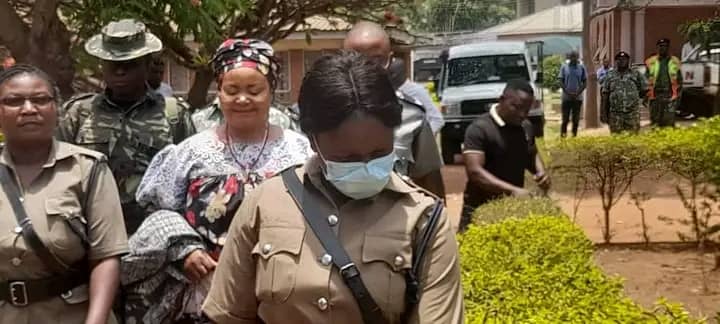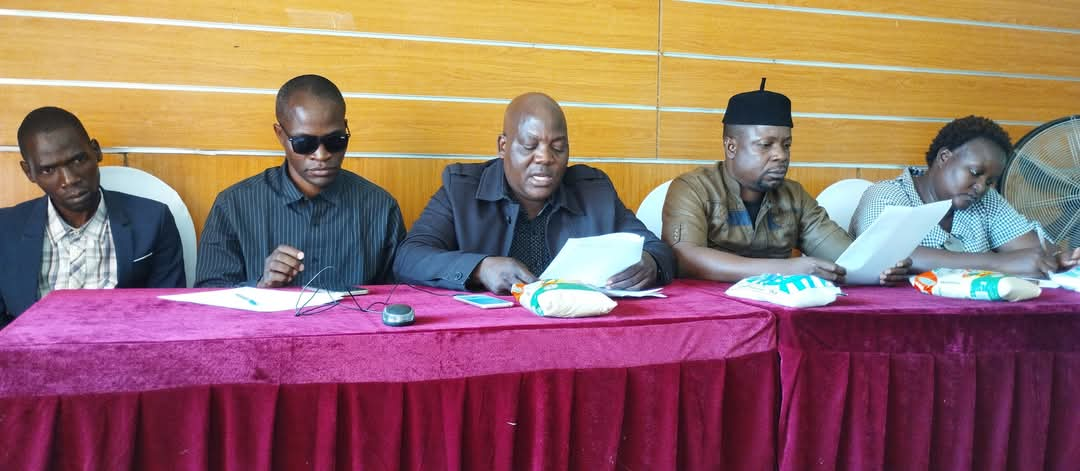My Turn With Draxon Maloya
Malawi’s economy is facing significant challenges as the kwacha continues to lose value against major trading currencies, leading to rising inflation and scarcity of essential commodities.
The country’s macroeconomic imbalances, including large fiscal deficits and balance-of-payments challenges, have been caused by both, internal and external factors not forgetting the effects of the Russia-Ukraine war and climate change.
The government’s internal borrowing has reached alarming levels, putting pressure on the economy leading to higher debt interest payments, diverting resources away from essential public services.
The resulting higher interest rates have also reduced spending and investment, ultimately affecting economic growth.
For the past weeks the situation further complicated by long cues of both heavy goods and light vehicles at fuel pumps, sparking fears of a long term of fuel shortages. This scarcity has also triggered more food and non-food ary gaps, making life harder for the locals.
The recently issued Reserve Bank of Malawis statement projected “the combination of a weakening kwacha, fuel shortages, and internal borrowing among factors pushing the inflation to double digits”.
The rising prices of imported goods and services, including petroleum products, have a rippled effects on the economy, increasing production costs and reducing consumer purchasing power.
However there are still trajectory expectations of Malawi’s economic growth expected to remain sluggish, with projections indicating a growth rate of 2.4 percent this year (2024).
International financial lending institutions like the International Monetary Fund and the World Bank have advised government to swiftly start implementing reforms that will address macroeconomic imbalances and promote sustainable growth.
These Challenges facing Malawi’s economy will by all means result in rising prices of essential goods, including food and fuel, foreign exchange shortages hindering imports.
To make things worse, some areas of the country have started experiencing power outages; the suspension of power production at Likoma Island by the Electricity Generation Company (EGENCO) will greatly affect economic activities.
To mitigate these challenges, the government must prioritize fiscal discipline, invest in social protection programs, and promote private sector growth. Only then can Malawi hope to stabilize its economy and promote sustainable development.




